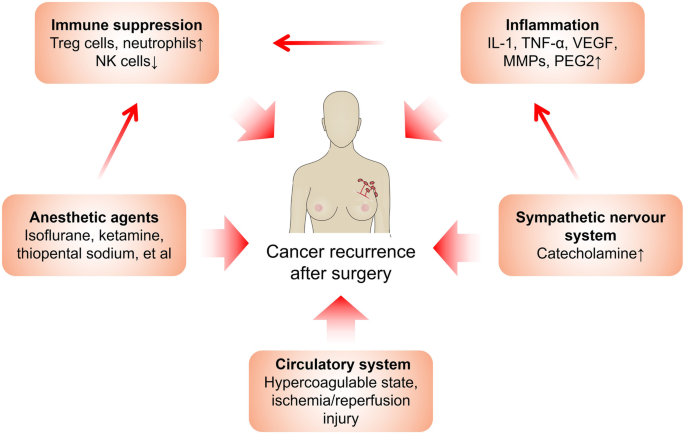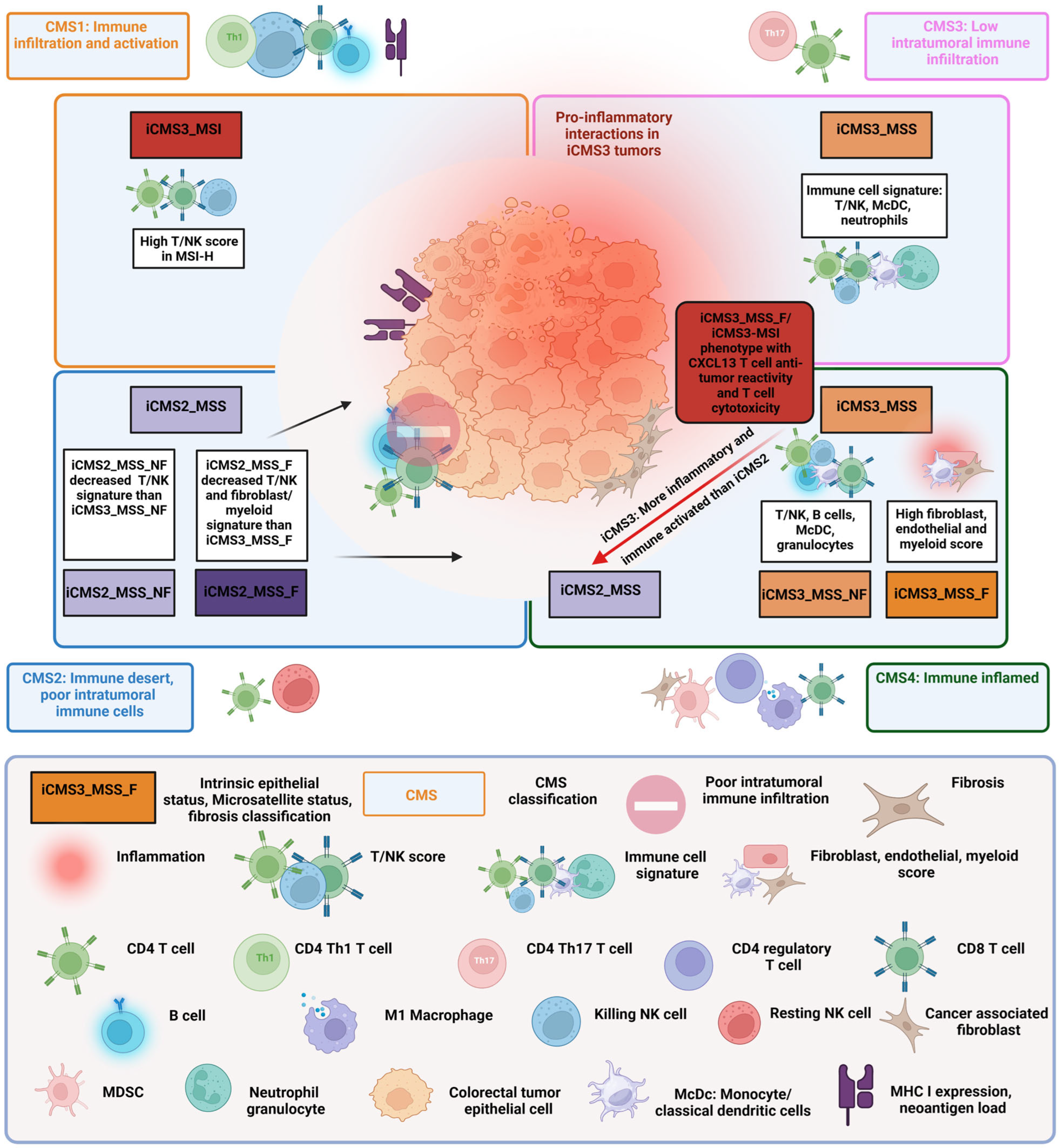Surgical stress and cancer progression: the twisted tango, Molecular Cancer
4.9 (187) · $ 7.00 · In stock
Surgical resection is an important avenue for cancer treatment, which, in most cases, can effectively alleviate the patient symptoms. However, accumulating evidence has documented that surgical resection potentially enhances metastatic seeding of tumor cells. In this review, we revisit the literature on surgical stress, and outline the mechanisms by which surgical stress, including ischemia/reperfusion injury, activation of sympathetic nervous system, inflammation, systemically hypercoagulable state, immune suppression and effects of anesthetic agents, promotes tumor metastasis. We also propose preventive strategies or resolution of tumor metastasis caused by surgical stress.

Surgical stress response and promotion of metastasis in colorectal cancer: a complex and heterogeneous process

The role of necroptosis in cancer biology and therapy
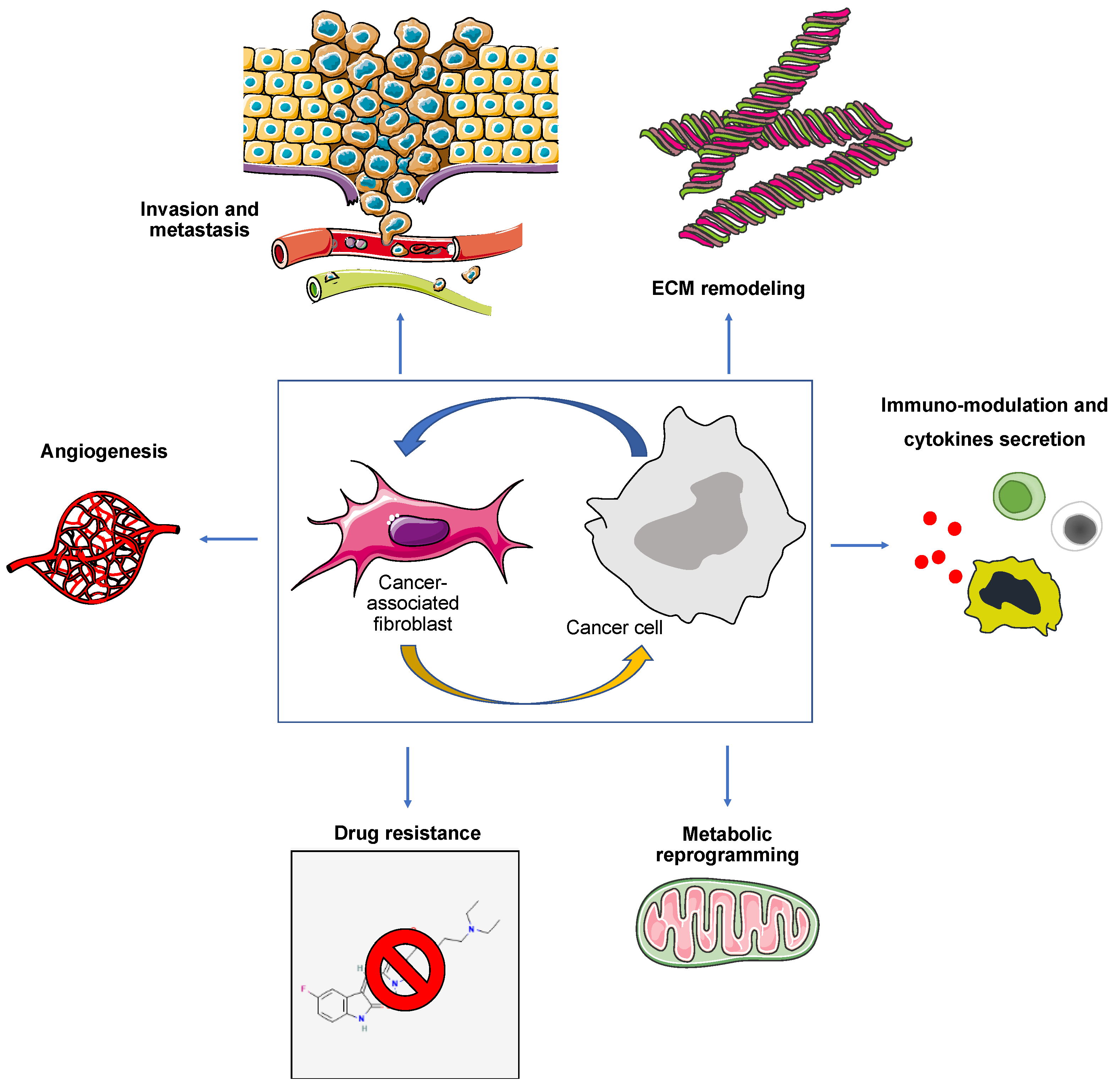
JCM, Free Full-Text
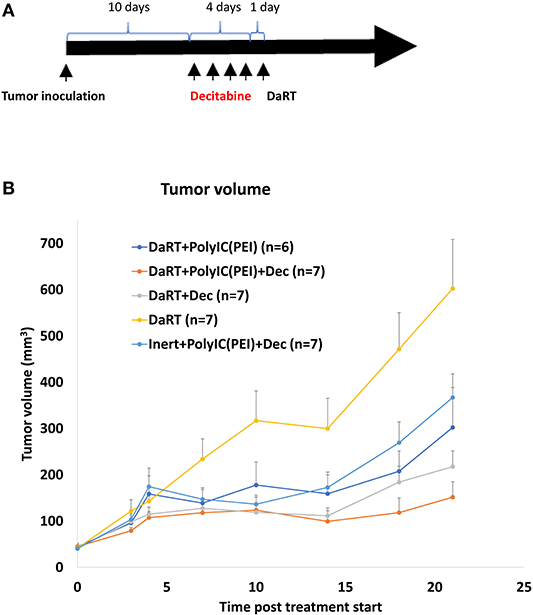
Frontiers RIG-1-Like Receptor Activation Synergizes With Intratumoral Alpha Radiation to Induce Pancreatic Tumor Rejection, Triple-Negative Breast Metastases Clearance, and Antitumor Immune Memory in Mice

PDF) Surgical stress and cancer progression: the twisted tango
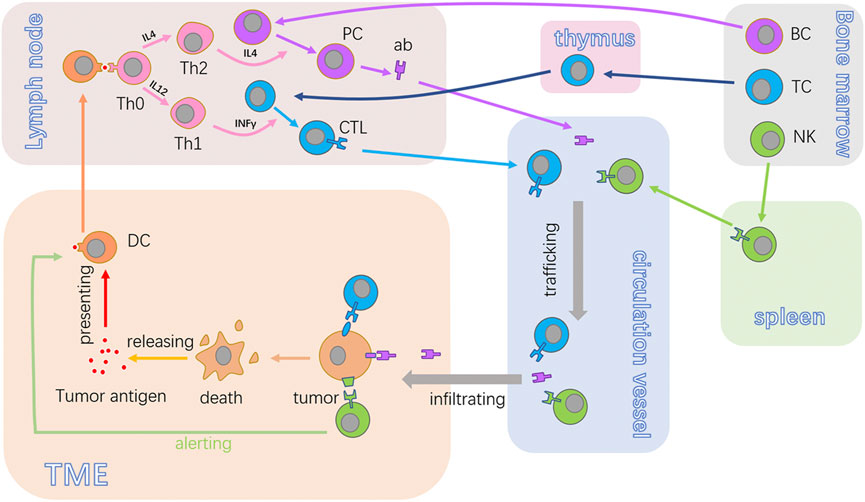
Frontiers The benefits of propofol on cancer treatment: Decipher its modulation code to immunocytes
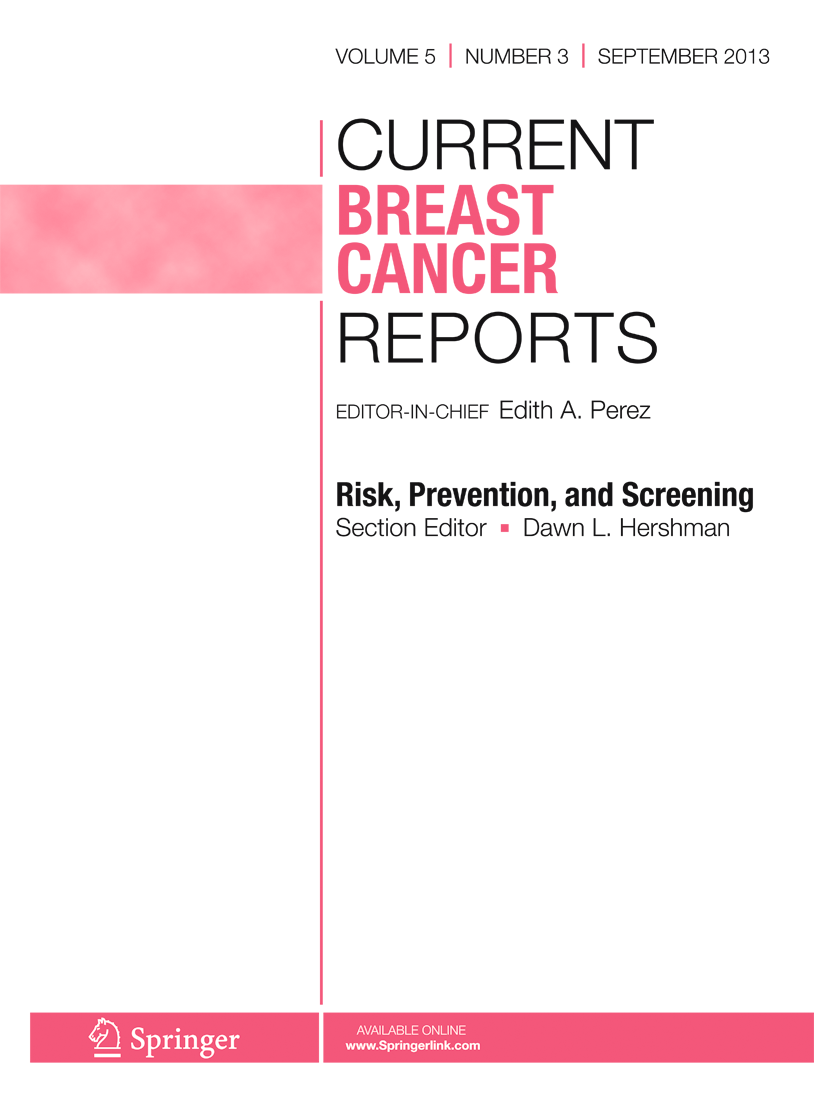
Surgery in the Setting of Metastatic Breast Cancer

Surgical Stress and Cancer Progression: New Findings and Future Perspectives

Targeting cancer stem cell pathways for cancer therapy
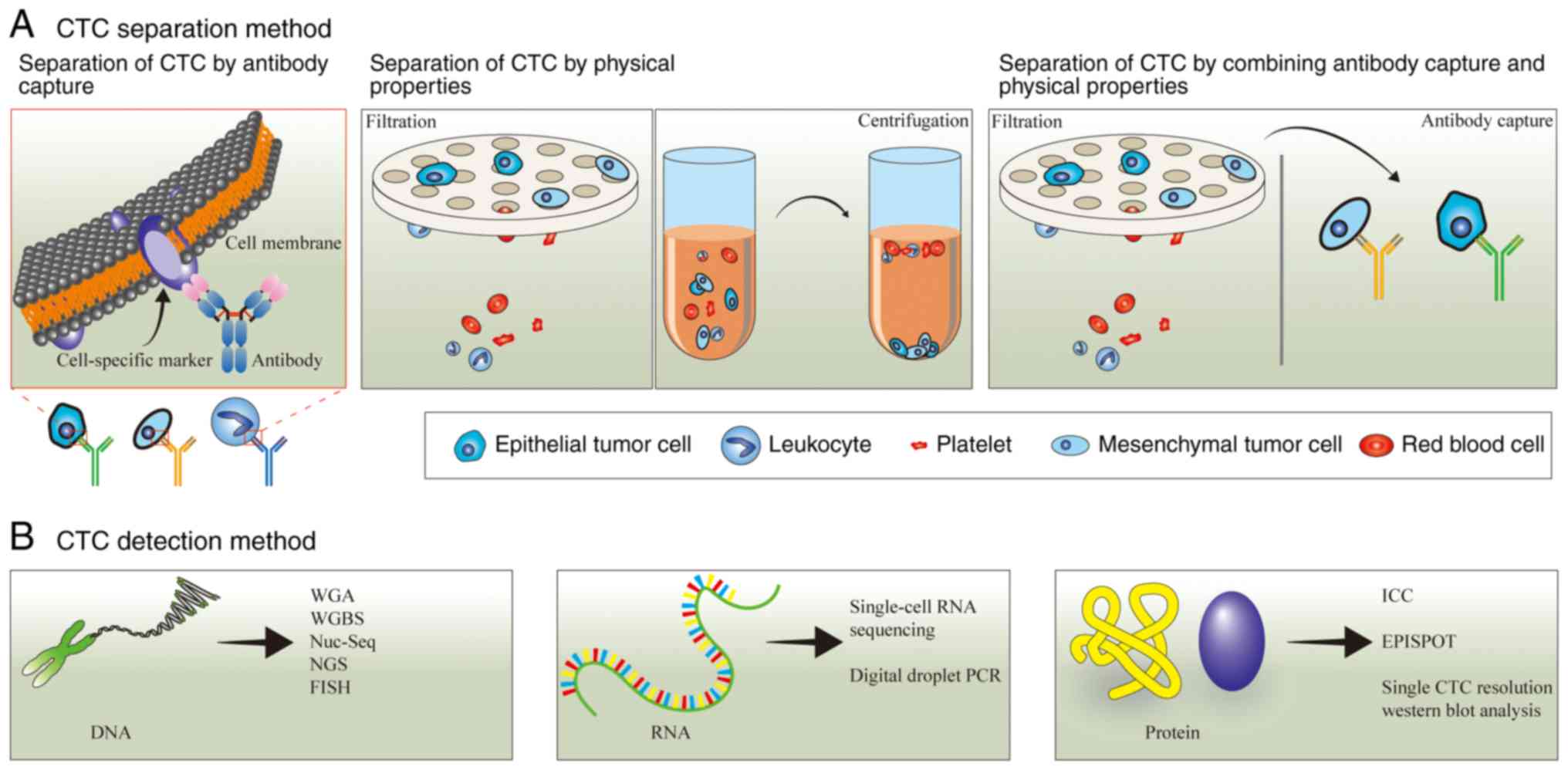
Pathology of circulating tumor cells and the available capture tools (Review)

Anesthesia and cancer recurrence: an overview, Journal of Anesthesia, Analgesia and Critical Care
